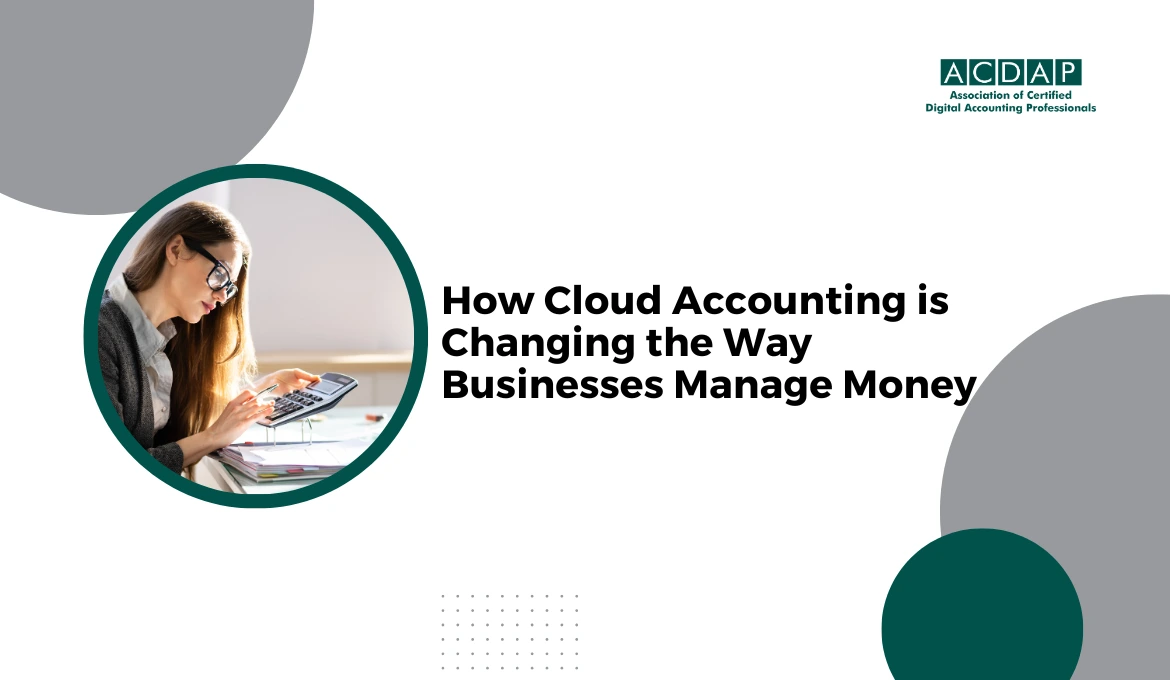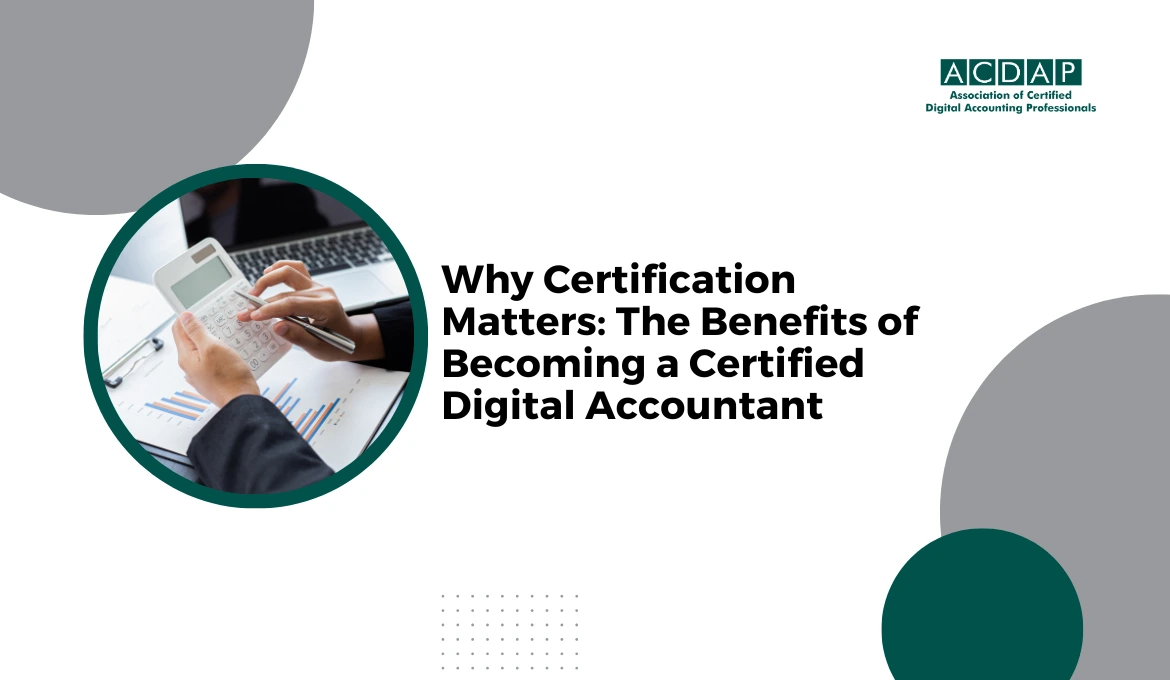In today's fast-paced world, businesses are constantly looking for ways to work smarter and faster. Digital accounting plays a key role in helping businesses improve efficiency. By using digital tools, companies can manage their finances more effectively and save time. This leads to a more productive work environment and smoother operations overall.
Streamlining Financial Processes
Digital accounting software does numerous tasks that were previously done manually. These include things such as transaction tracking, invoicing, and data entry. With automation, companies no longer have to waste time performing the same tasks over and over. All this makes the entire financial process quicker and less error-prone. Workers are able to concentrate more on valuable work that benefits the company. Automation also minimises workload, avoiding exhaustion from manual labour.
Real-Time Access to Financial Data
Computerised accounting systems enable accountants and business owners to view financial information at any time, anywhere. This implies that they can have real-time updated information. Whether one needs to check cash flow, check expenses, or analyse profits, having instant access to this information enables businesses to make faster, better decisions. Having instant access also enables one to make changes faster if something has to be adjusted. This enhances business responsiveness and agility.
Enhanced Accuracy and Fewer Errors
Human errors are common in manual accounting. Computerised accounting software minimises these errors by automating tasks. They also alert users to potential issues, like lost receipts or incorrect data. This results in more accurate accounts and fewer errors. Fewer errors mean companies spend less time correcting issues. It also ensures trust with clients and stakeholders.
Improved Decision-Making
With online accounting, companies are able to analyse financial information easily. They are able to make reports and graphical charts that indicate performance and trends. This makes it easy for business people to make better decisions. For instance, they can identify areas where they can cut costs or how they can increase revenues. Clear data makes it easy to plan for the future. It also makes it easy for companies to recognise areas of improvement.
Improved Collaboration
Computer accounting software facilitates collaboration. Several individuals can view the same financial information from various locations. This enhances collaboration and makes it simpler for companies to exchange information with accountants, managers, or other stakeholders. It keeps everyone on the same page and enables them to work more effectively. Collaborative software enhances communication and minimises misunderstandings. The outcome is a better coordinated and efficient team.
Time and Cost Savings
Through automating processes and eliminating errors, digital accounting saves businesses time and money. Companies can allocate their time to other critical areas, such as growth and customer support, rather than wasting hours on accounting processes. This enables companies to invest in research and development. The efficiency savings can be reinvested in the business for long-term growth.
Conclusion
Digital accounting is transforming how businesses manage their finances. By streamlining processes, improving accuracy, and providing real-time data, it enhances overall efficiency. With digital tools, businesses save time and money while also making better decisions and improving collaboration. As the world continues to move towards digital solutions, adopting these technologies will be key to staying competitive and achieving long-term success. Embracing digital accounting is not just a smart choice – it's an essential one for businesses looking to thrive in the future.


























